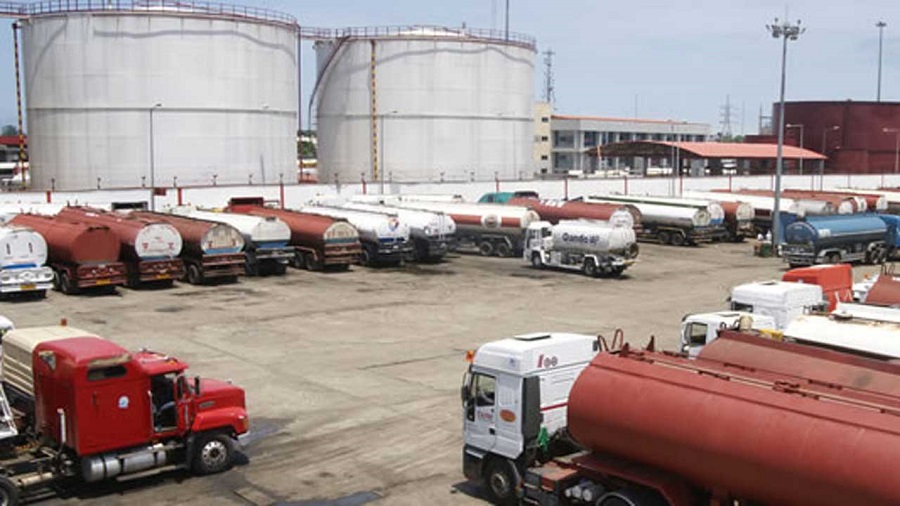Unions in the oil sector, the Nigeria Union of Petroleum and Natural Gas Workers (NUPENG) and the Petroleum and Natural Gas Senior Staff Association of Nigeria (PENGASSAN) have supported the directive of the Federal Government that the Nigeria Customs Service should ban supply of fuel to the filling stations at border posts.
According to the General Secretary of NUPENG, Afolabi Olawale, the filling stations within 20 kilometres of Nigerian borders were more than the filling stations inside the towns which should not be so.
He made known that the only logical reason why there were many filling stations close to the border was to smuggle petroleum products.

“One wonders what economic motive drives the establishment of such a large number of filling stations close to the border. The only explanation would be that they are being used as conduit pipe through which smuggled petroleum products are taken out of the country.
“We are in full support of the move. It is in continuation of the efforts to stop smuggling of petroleum products and other goods across the borders,” Olawale said.
[READ MORE: IMF says Benin’s economy is stronger despite Nigeria’s border closure]
On his part, the spokesperson for PENGASSAN, Fortune Obi, said the move was in order. He questioned why there should be insufficiency of petroleum products when those who share borders with us have in abundance.
“It is a good development because this is one of the things we have been talking about. Why do we often have products’ insufficiency in Nigeria? Why is this so when those who share borders with us are taking the products, which, of course, is not good for the country?
“We import petroleum products with huge foreign exchange, so why should it be smuggled out of the country when we don’t even have enough at times in the country?”
More details: NUPENG and PENGASSAN acknowledged the efforts of the Nigerian Customs Service in stopping the smuggling of petroleum products. The groups said the decision of the Federal Government would not affect the people in the communities. However, residents and community leaders of Idi-Iroko, Imeko-Afon and other border areas in Ogun State have strongly disagreed with this.
They said that the Customs were incompetent and responsible for the smuggling and that the border dwellers would be unable to access fuel.















.gif)






